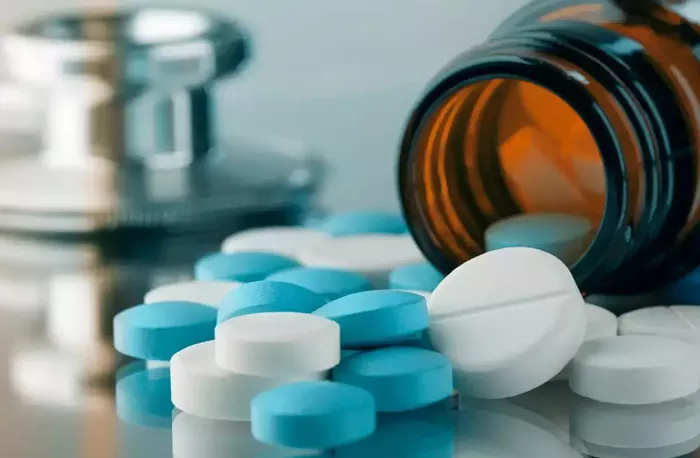A new report reveals that a proposed 25% tariff on pharmaceutical imports could lead to a $51 billion rise in U.S. drug costs annually. If the tariff is passed on to consumers, it could increase U.S. drug prices by up to 12.9%.
The analysis, commissioned by the Pharmaceutical Research and Manufacturers of America (PhRMA), was conducted by Ernst & Young and reviewed by Reuters.
In 2023, the U.S. imported $203 billion worth of pharmaceutical products, with 73% of these imports coming from Europe, especially from countries like Ireland, Germany, and Switzerland. During the same year, total U.S. sales of finished pharmaceuticals reached $393 billion.
PhRMA, a major trade lobby group representing companies like Amgen, Bristol Myers Squibb, and Pfizer, commissioned the report.
The group did not respond to a request for comment, but they have expressed concerns that the proposed tariffs could hinder U.S. efforts to boost domestic manufacturing, a priority of former President Donald Trump.
Despite being largely exempt from previous trade wars, the pharmaceutical sector has been repeatedly threatened with tariffs by the Trump administration.
Last week, the U.S. government announced an investigation into pharmaceutical imports, citing national security concerns about reliance on foreign drug production. This move has sparked a 21-day public comment period led by the Commerce Department.
Drugmakers, who see the investigation as an opportunity to demonstrate the negative impact of high tariffs, have lobbied for a phased-in approach to the tariffs to minimize their effects.
Ted Murphy, a trade lawyer advising companies on their submissions, noted that pharmaceutical companies are proposing alternative solutions to protect both U.S. production and access to affordable medications.
Swiss pharmaceutical giant Roche has already petitioned the U.S. government for exemptions from the import tariffs, arguing that its shipments to the U.S. are balanced by its exports of U.S.-made drugs and diagnostics.
While tariffs could increase costs for both imported pharmaceutical products and the ingredients used in U.S. manufacturing, the report also highlighted the complexities of passing these costs onto consumers. If the higher costs are fully passed on, U.S. drug prices could rise by up to 12.9%.
Additionally, 30% of pharmaceutical imports in 2023 consisted of ingredients that were either sold domestically or used in U.S. manufacturing. Tariffs on these inputs would increase domestic production costs by 4.1%, potentially making U.S.-made drugs less competitive globally.
Approximately 25% of U.S. pharmaceutical output is exported, amounting to $101 billion in 2023. The report warned that higher costs could weaken foreign demand for U.S. medicines, threatening around 490,000 export-related jobs in the industry.
The report did not consider the possible impact of retaliatory tariffs, which could have even more significant consequences for U.S. producers.
Related topics:
- New Mpox Strain Detected In Several European Countries: What You Need To Know
- Staffing Cuts Threaten Future Of 9/11 Health Program
- Immunotherapy Offers Cancer Patients An Alternative To Surgery And Chemo


